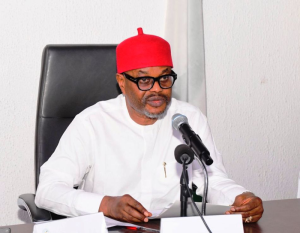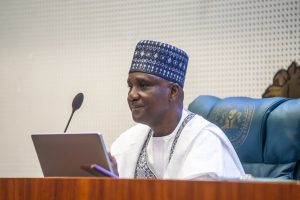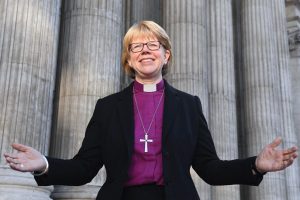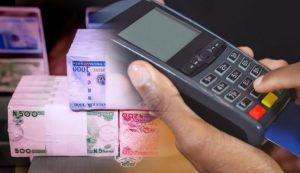
In a significant political development ahead of Nigeria’s 2027 general elections, former Vice President Atiku Abubakar has reportedly offered Peter Obi, the Labour Party’s 2023 presidential candidate, the position of vice president under a one-term presidency agreement. The offer was made during a private meeting earlier this year in the United Kingdom, sources from both camps have confirmed.
Atiku has committed to serving only a single four-year term if elected in 2027 and is prepared to hand over power to Obi thereafter. While Obi has accepted the offer in principle, he is still consulting with key allies before making a public declaration. This potential alliance revives the partnership between the two politicians, who previously ran together on the Peoples Democratic Party (PDP) ticket in 2019 but lost to then-incumbent President Muhammadu Buhari.
The proposed Atiku-Obi ticket is part of broader coalition efforts to unseat President Bola Tinubu and the ruling All Progressives Congress (APC) in 2027. Alongside other opposition figures like former Kaduna governor Nasir El-Rufai, they are working to form a united front, though no official coalition name or structure has yet been announced.
A senior political operative involved in the talks said, “By May 2026, almost all parties will have unveiled their candidates. The leaders have agreed that only a united front-with Atiku, Obi, and others-can challenge Tinubu. They are finalizing the details.”
However, internal disputes within the PDP and Labour Party pose challenges to the coalition. Talks are underway to adopt a new political platform, with the African Democratic Congress (ADC) emerging as a leading option. ADC National Chairman Ralph Nwosu confirmed ongoing coalition discussions involving various stakeholders, including some from the ruling APC.
Atiku’s spokesperson, Paul Ibe, acknowledged ongoing coalition talks but declined to confirm specific agreements, emphasizing the shared goal of unseating the APC government. Meanwhile, some Labour Party members and allies remain skeptical about the alliance, with key figures like Yunusa Tanko and Peter Ahmeh expressing uncertainty or withholding comment.
As the 2027 election cycle approaches, Nigeria’s opposition appears to be racing against time to form a cohesive coalition capable of mounting a serious challenge to the incumbent administration. Whether the Atiku-Obi ticket materializes will depend on the outcome of ongoing negotiations and the ability to align party structures behind this powerful alliance.







